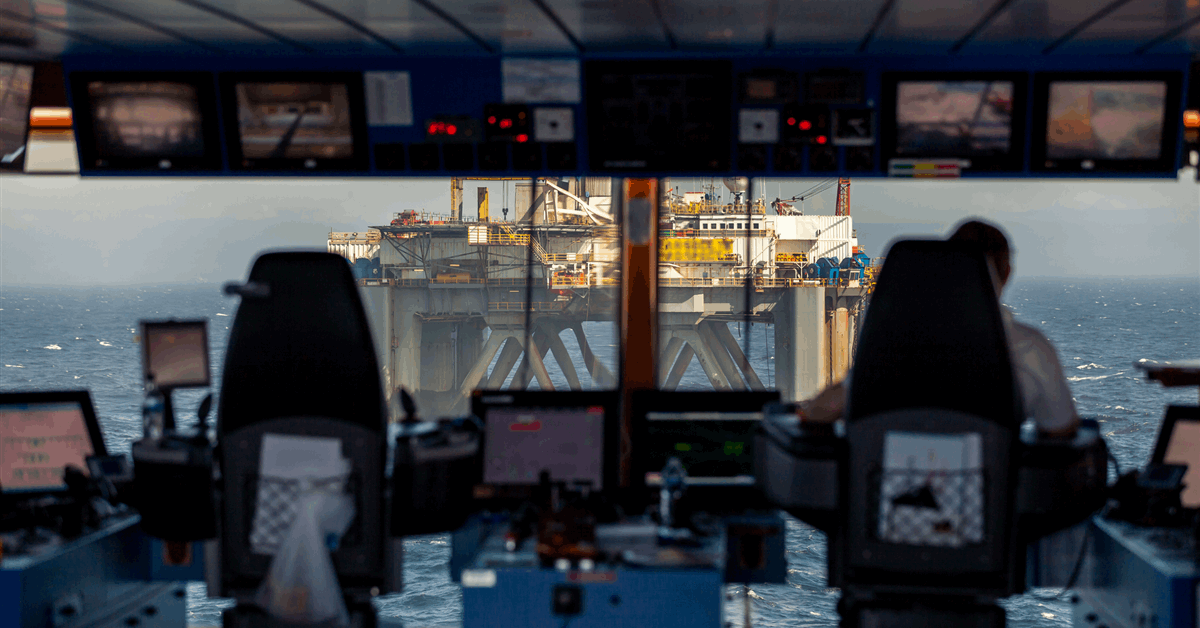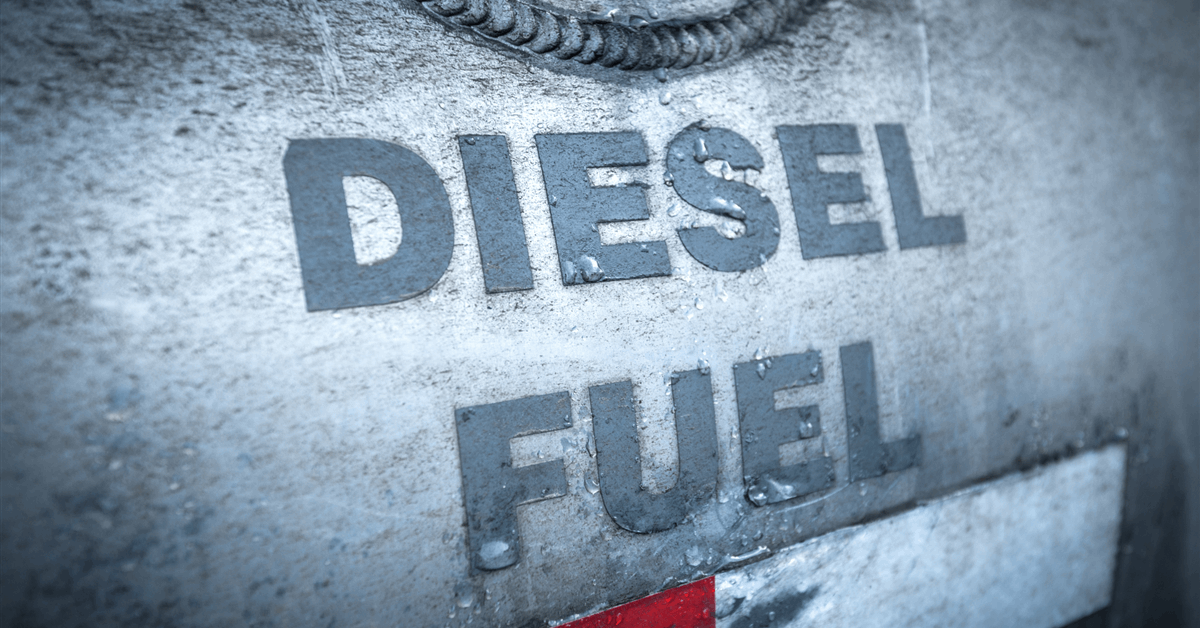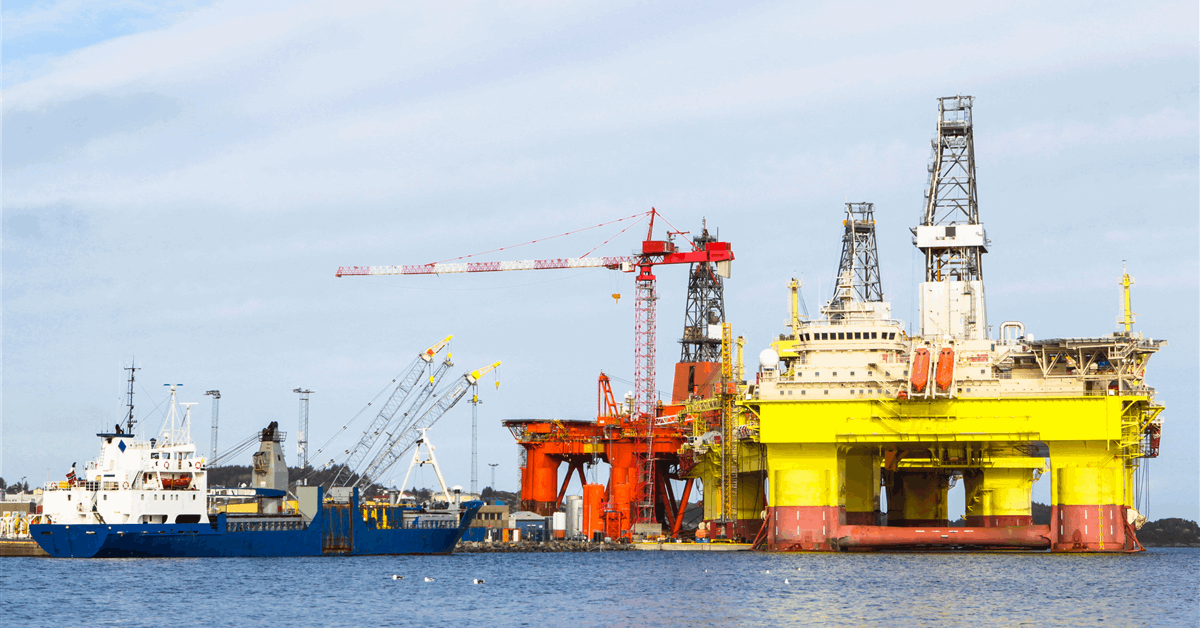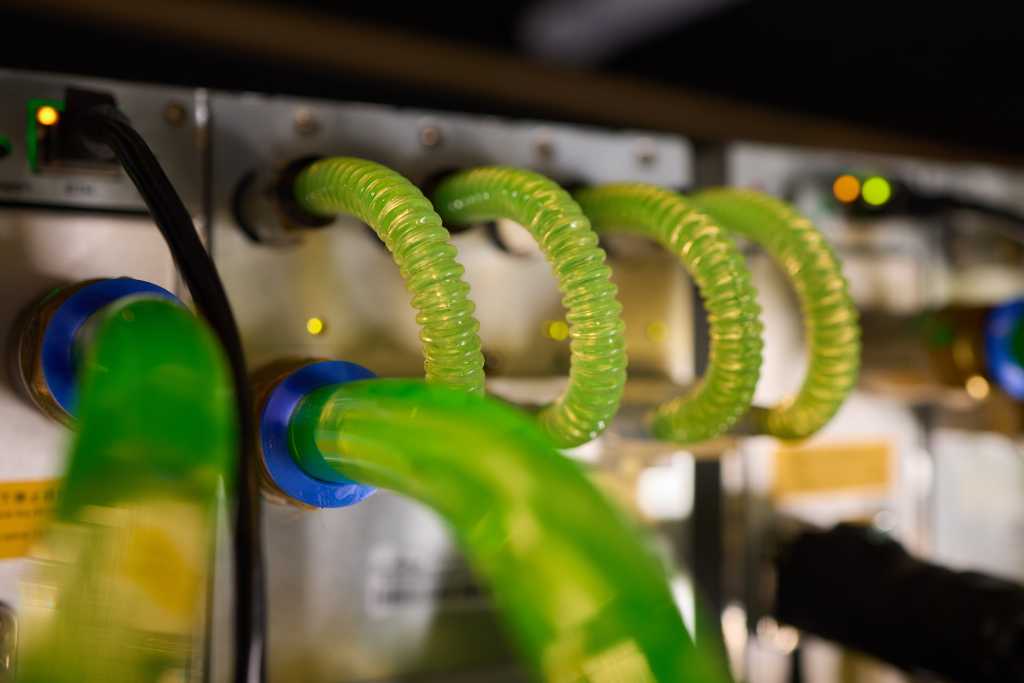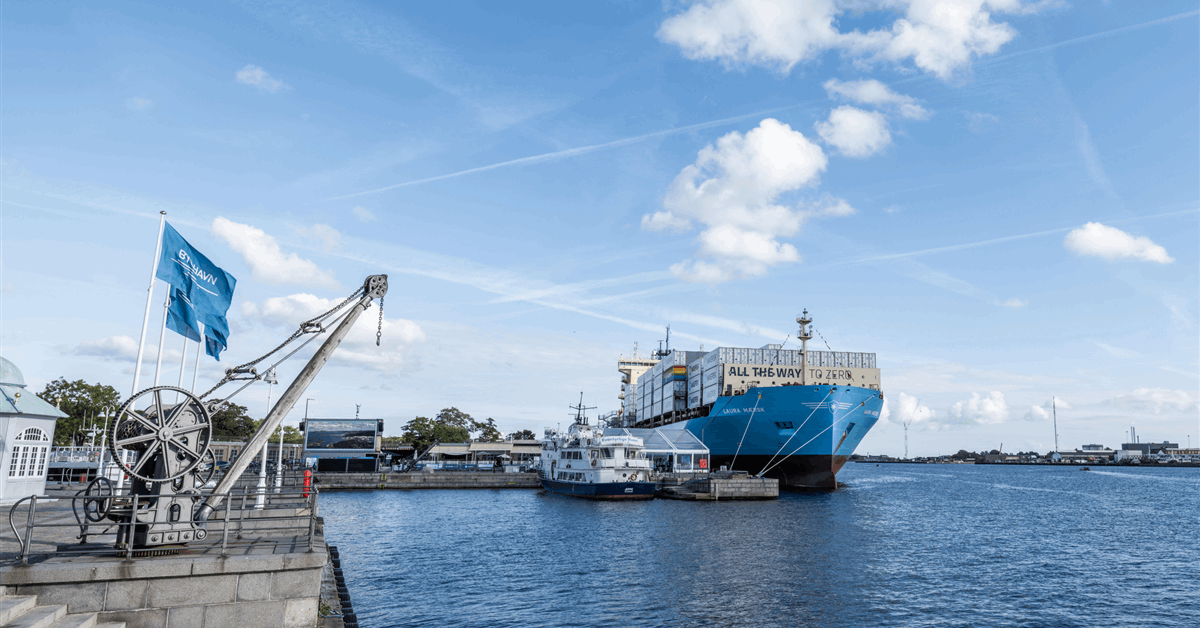
Repsol SA’s board of directors has greenlighted a project to construct a waste-to-methanol plant in the Catalan province of Tarragona.
With an expected investment of EUR 800 million ($818.15 million), the Ecoplanta project “will become the first plant in Europe to produce renewable and circular methanol from waste through gasification, the world’s most advanced waste valorization process”, the Spanish energy company said in a press release.
The facility, to rise in El Morell, will be able to process up to 400,000 metric tons a year of municipal solid waste and produce up to 240,000 metric tons per annum of methanol and circular products. “The renewable methanol originates from organic waste, while the circular products come from non-organic waste, such as non-recyclable plastics”, Repsol said.
Repsol aims to produce 1.5 million-1.7 million metric tons a year of renewable fuels, including renewable hydrogen and biomethane, by 2027 and up to 2.7 million metric tons a year by 2030.
It also targets to manufacture up to 105,000 metric tons a year of circular products by 2027 and up to 200,000 metric tons a year by 2030.
Planned to be put into operation 2029, Ecoplanta will be integrated into Repsol’s industrial complex in Tarragona “to take advantage of existing infrastructures and accelerate the transformation of the center into a multi-energy hub that will continue to manufacture essential products for society, such as renewable fuels and circular materials”.
The plant will use Enerkem Inc.’s technology. Repsol is a shareholder in the Montreal, Canada-based firm, a provider of waste-to-energy solutions.
“Our technology has already proven its ability to convert waste into valuable, sustainable products at commercial scale, and we are confident Ecoplanta will set an inspiring example for others on the path to decarbonization”, Enerkem chief executive Michel Chornet said in a separate company statement.
The project has been allotted a grant of over EUR 106 million ($108.41 million) from the European Union’s Innovation Fund, which gets its budget from the 27-member bloc’s Emissions Trading System.
“During its first ten years of operation, it [Ecoplanta] is expected to reduce greenhouse gas (GHG) emissions by a staggering 3.4 million tonnes [metric tons] of CO2 [carbon dioxide] equivalent”, the European Climate, Infrastructure and Environment Executive Agency, which administers the Innovation Fund, says on its website. “This is more than one-third of the GHG emissions produced by Spain’s entire solid waste disposal sector in 2019”.
Repsol said Ecoplanta would help with EU emission reduction goals for the maritime sector. “At present, the most efficient options for meeting these objectives are renewable diesel – which Repsol already manufactures at its Cartagena plant – and renewable methanol that will be manufactured at the Ecoplant”, Repsol said.
“These technologies are complementary to meet the demand of maritime transport and are technologically mature for implementation, compared to other alternatives such as renewable hydrogen, ammonia, or the electrification of marine propulsion systems, which still require development and large investments in fleet renewal and fuel distribution.
“Renewable methanol will also be used for road transport, as a raw material to produce renewable gasoline and diesel, as well as for the production of sustainable aviation fuel.
“Additionally, methanol is very versatile in the chemical industry, with multiple uses in the automotive and construction industries and in applications in sectors as diverse as healthcare, food, and electronics”.
To contact the author, email [email protected]





